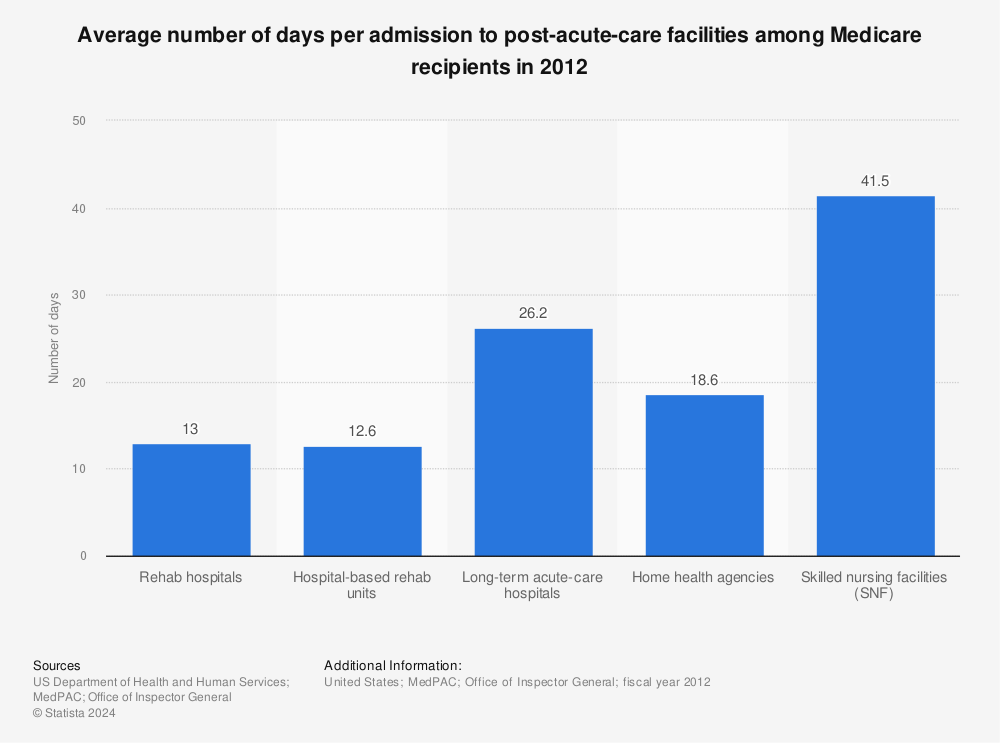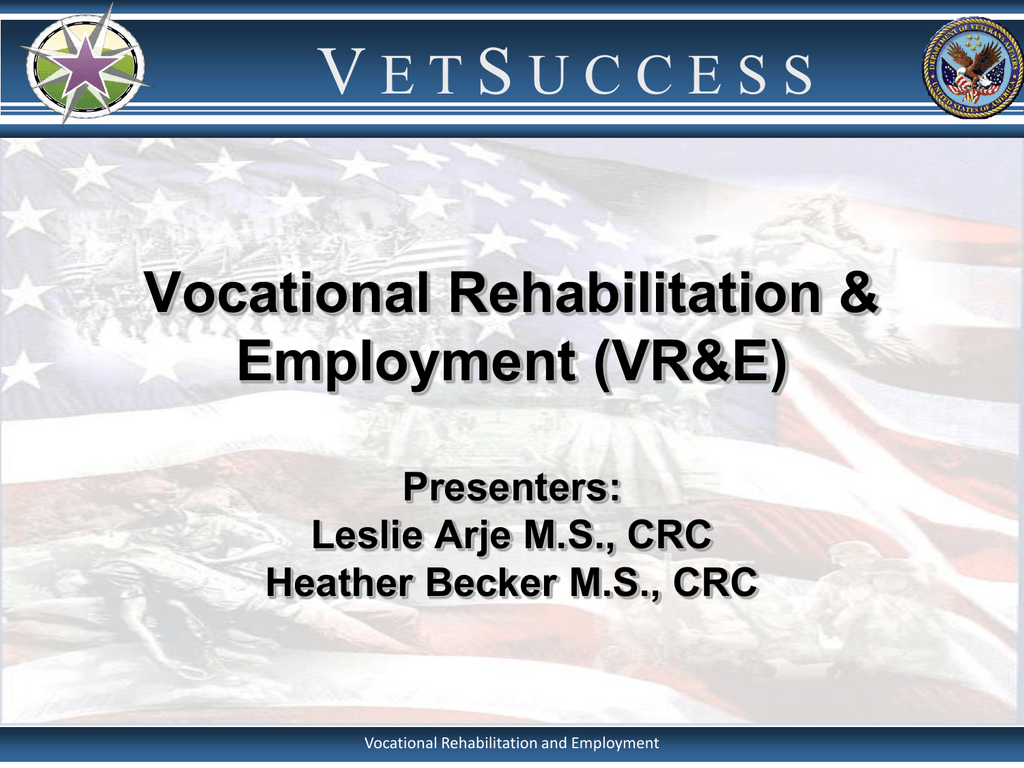So, what is drug rehabilitation? Drug addiction rehab or treatment is the process where individuals with addictions: Remove their body from the compound and get rid of the body's requirement for the drugRinse the drugs and their poisonous metabolites from their bodyRecover from the physical destruction of addictionMove from the severe negative psychology of active dependency to the positive psychology of recoveryRecover normal, healthy social practicesLearn to manage life and its stress factors without utilizing compounds or behaviors to copeCome to comprehend that healing is a lifelong dedication to abstinenceBecome prepared to take on the healing activities that are necessary to maintain lifelong recoveryThe drug rehabilitation process occurs in a couple of stages.
It is important that the steps to drug rehabilitation be correctly attended to during the drug rehabilitation procedure. There are 4 phases of addiction healing: Dependency assessment is a particularly critical part of the rehabilitation process. Individuals with compound addictions are extremely deceptive. This becomes part of the underlying psychology of addiction, and it enhanced by worries of arrest for belongings and judgment from family and buddies.

The specific needs to identify which compounds were used and the degree of their compound usage. Healthcare assessments at The Healing Village are performed over the phone by an appointed consumption coordinator and need to just take about 15-30 minutes, depending on present substance usage and medical history. Over half of people with compound dependencies have an underlying mental health disorder.
As such, it is important to recognize any co-occurring mental health disorders and deal with these at the same time as the dependency. Otherwise, the opportunities of success in healing are greatly reduced. To recover from substance usage, people should first go through the process of ridding the body of the compounds and their harmful metabolites.
How How To Find A Drug Rehab Program can Save You Time, Stress, and Money.
As the body clears the compounds, the unpleasant experience of withdrawal occurs. The detox from alcohol usage can be harmful, even dangerous. People who frequently use alcohol needs to speak with a doctor or take part in a medically monitored detox program before stopping. For lots of people with dependencies, worry of withdrawal is a major barrier to escaping their dependency, and that worry keeps them from even attempting.
By taking part in a medical detox program, people can make it through the experience securely and comfortably. The rehabilitation process is the biggest part of an dependency treatment program. This is where the underlying reasons for addiction are attended to. For most individuals with substance addiction, their compound use is no longer about getting high.
Drug rehab is the process where the deep concerns around the dependency are determined and dealt with. This is accomplished in a variety of methods: No matter the length or intensity of the rehabilitation program, nobody walks out of rehab "treated" of dependency. Rather, it can be said that rehab is the process of discovery, while what takes place afterward is healing.
However, this rarely works, and the huge majority of people who attempt drinking or using drugs again will rapidly end up where they were previously. Research information confirms this, as well as the fact that individuals are at a particularly high risk of overdose throughout a relapse. A typical problem among rehab programs is that there is no sustainable strategy for continuous recovery support after discharge.
8 Simple Techniques For How Do You Get Someone In Drug Rehab Who Will Not Volunteerin Iow

Continuous involvement in a recovery program, such as a $112-step program or SMART Recovery, is crucial for ongoing healing. Rehab programs that introduce individuals to these aftercare programs are more effective at guaranteeing participation in continuous healing activities after discharge.Sober living houses are a particularly effective technique to aftercare when an individual is released from rehabilitation. If you 'd like to help a pal or relative, discover more about how to assist your loved one towards treatment. If you're ready to take the primary step towards healing for yourself, call The Recovery Town today. There are different types of treatment for addiction, based upon the level of care provided. Addiction is characterized by a pathological requirement for control, a propensity to justify bad choices and a lack of insight. This is a bad combination, as it moves many individuals to think that they can stop utilizing drugs or drinking by themselves. As such, they may be unwilling to see and confess that they need a higher level of care, such as inpatient rehab. It is simply a procedure that assists people through withdrawal signs while their body purges itself of hazardous compounds and adjusts to their lack. Throughout the process of drug detox, individuals's minds are muddled and they feel physically and mentally ill. They are not responsive to any kind of therapy or therapy till their minds clear and they are feeling much better. The therapy is more extreme than property rehab and may be uncontrolled or on an emergency situation basis.
Inpatient treatment has advantages that enhance the transformative result necessary for healing by: Preventing triggers and removing the person from individuals, locations and things that were related to the compound useRemoving the person from any hazardous relationships or environmentsAllowing for a more intensive, committed treatment regimenProviding a social environment, or a" culture of recovery" Ensuring that the individual has some solid healing time before they are dischargedInpatient rehab also enables people to gain access to drug rehabilitation services, consisting of leisure treatment and recovery-focused social activities.Residential dependency treatment is the essential of treatment for a lot of individuals. This permits them to reorient their lives and thought processes while concentrating on distraction-free recovery. Residential rehab varies from inpatient rehabilitation because it is Drug Rehab Center performed in a center outside of the medical facility system and normally includes a longer stay. The program is generally less intense than an inpatient program and provides individuals a little bit more self-reliance. People get restorative services on-site throughout the day, however go house or to a sober living facility during the night. This program is appropriate for individuals who have a high expectation of success in addition to the ability and insight to be more self-directed in their regimen. The existence of a strong support system is also a requirement. This allows individuals to transition from an inpatient stay to neighborhood living while preserving directed therapy, such as group or private counseling and treatment for co-occurring psychological health conditions. Individuals in IOP reside in an independent helpful environment in your home or at a sober living house and go to day-to-day treatment sessions.Outpatient treatment involves living at house and attending treatment activities at an outpatient rehabilitation facility throughout the day. Many people with serious addiction will likely have better outcomes in https://messiahbiqb.bloggersdelight.dk/2021/02/28/the-buzz-on-what-is-outpatient-drug-rehab/ inpatient treatment and rehab. Nevertheless, outpatient drug rehab may be proper if: The individual's doctor knows the drug usage and concurs with the outpatient treatmentThe individual is currently.
detoxed from the drug and is devoid of withdrawal effectsThe drug usage Mental Health Doctor was moderate or of brief durationThe individual has a safe, drug-free location to keep away from dealerships and others who use substancesThe individual is highly inspired to stop usingThere is no co-occurring compound usage or psychological health disorderThere is a good support system in location, including individuals who understand to look for unsafe withdrawal symptomsThe individual does not live aloneLong-term drug rehab is an inpatient treatment program normally long lasting three to 12 months. how to pay for drug rehab without insurance.
